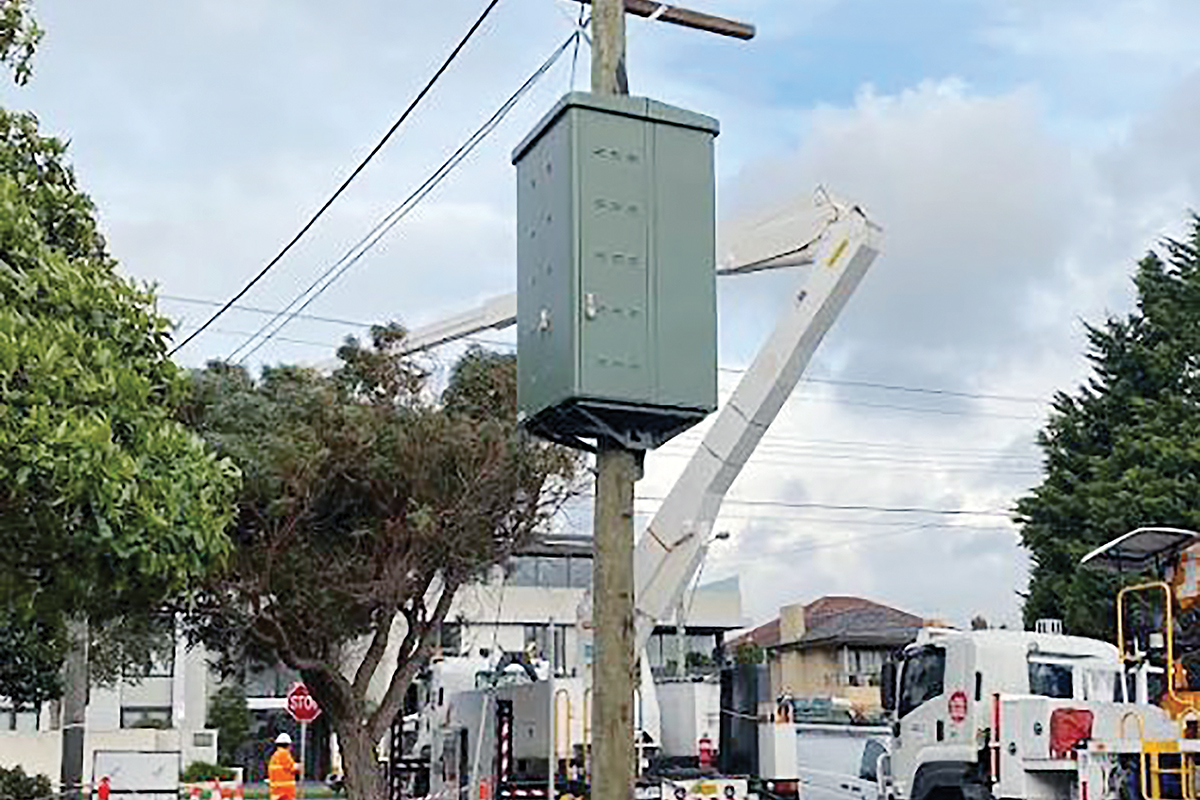COMMUNITY batteries each able to power up to 280 homes could be installed across the peninsula as part of a $150,000 Neighbourhood Battery Initiative.
It is part of a feasibility study being developed by United Energy and financed by the state government. It aligns with the views of Mornington Peninsula Shire Council and community energy and greenhouse alliance groups across Victoria.
Work on the study will begin this year and be completed in 2022.
Determining the best locations for the on-ground batteries will take in factors such as the community benefits and local power demand and constraints.
United Energy general manager Mark Clarke said the study would “bring together network engineers and communities to collaborate and explore the potential of installing community batteries at scale”.
“By combining this work across so many different groups and different council areas we can be much more efficient and create a better understanding of how community batteries can best support our customers,” Mr Clarke said.
The larger batteries would allow homeowners to export excess rooftop solar, mitigate the need for costly network upgrades and reduce greenhouse emissions, Mr Clarke said.
Mornington Peninsula Shire is one of 12 councils and groups involved in United Energy’s community battery feasibility study.
Electric Avenue program
The study will complement the company’s installation of 40 smaller batteries on power poles, nicknamed the Electric Avenue program, over the next 18 months.
The 30kW batteries will each have the capacity to service up to 75 homes. They will be 3.6 metres above ground on standard poles and support 50-75 homes nearby with reliable stored energy for two hours at a time.
Several sites are earmarked on the peninsula, which is prone to strong demand over short durations, especially on hot days in the holidays.
“Community batteries are a way of storing energy that can then be used locally when it is needed,” Mr Clarke said.
“They are a great way of ensuring solar PV exports from homes are consumed locally. They also help defer traditional investment so we can save money for customers on future network tariffs.”
First published in the Southern Peninsula News – 14 September 2021


